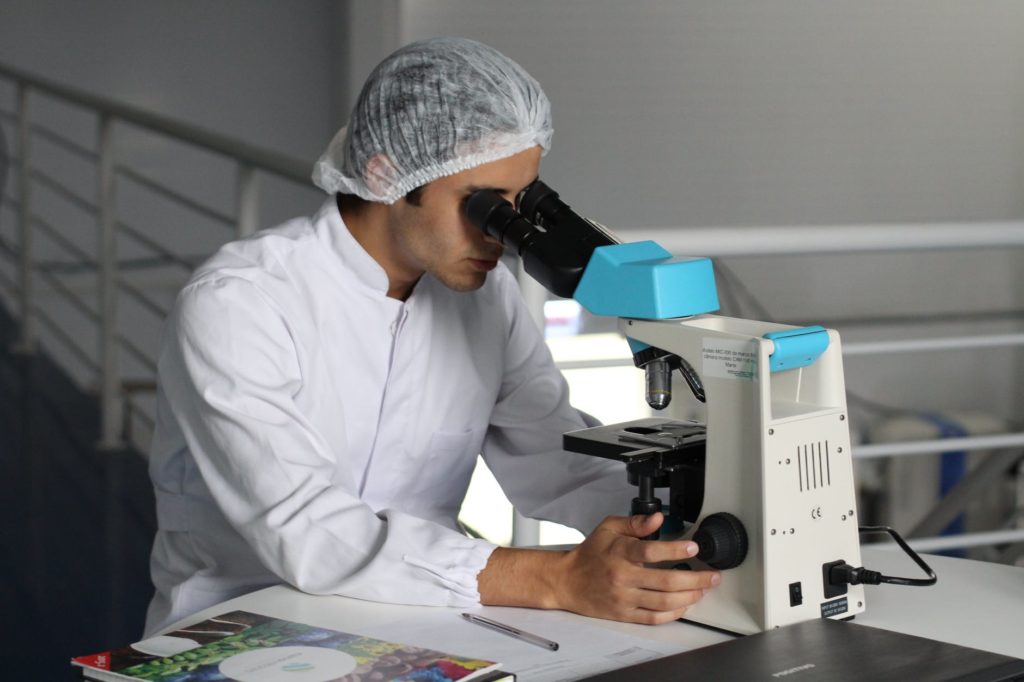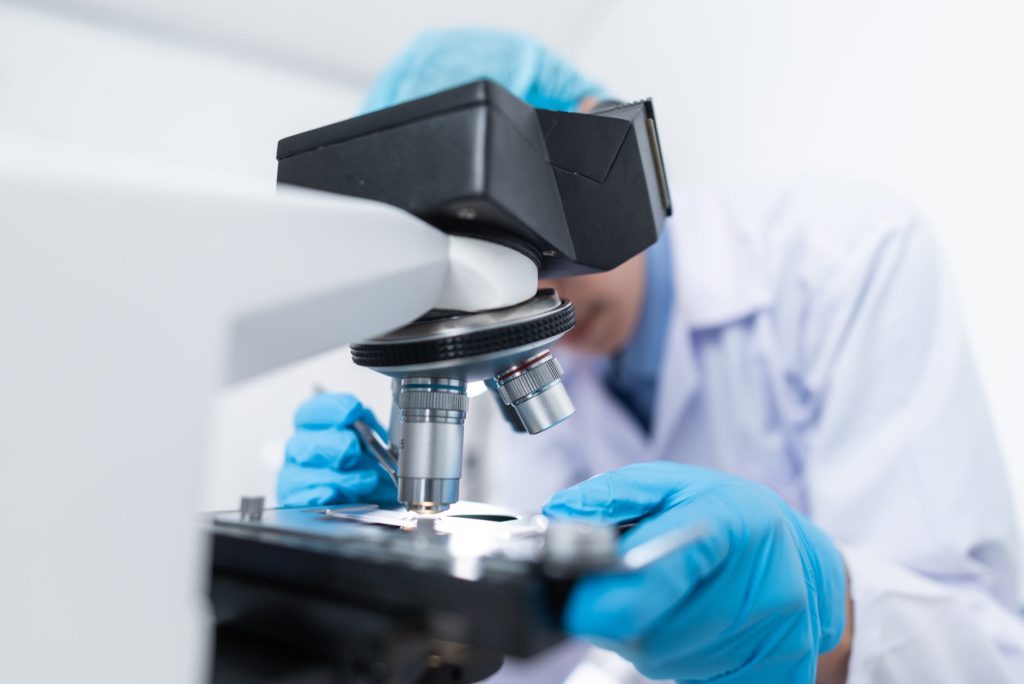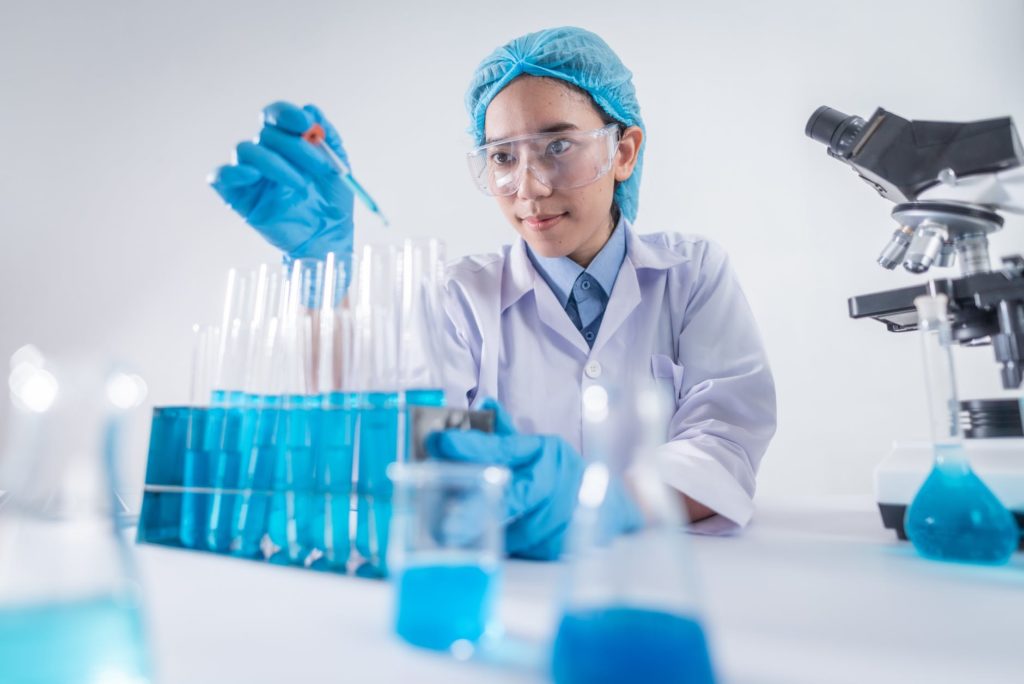
Healthcare research is a vital part of improving the future for everyone. It provides essential information about the disease, risk factors, and treatment, to name a few. Healthcare professionals rely heavily on the research conducted by others to continue to improve the industry and prepare us for the future.
Research helps us find out what treatments work for patients. It helps ensure we’re using the procedure in the best way possible, in addition to enhancing and improving current treatments. Essentially, research has the power to bring answers to the unknown, clear up any uncertainties, and above all, as a result of this, save more lives.
Where do Funds Come From?

It’s no secret, while research is essential, it is costly. We rely on money through taxes and donations, the government, charities, and the public, to invest significant sums of money into medical research. Fortunately, we’re surrounded by individuals who have a passion for helping others and making a difference to the world; these include, Alice Zhang & Jason Chen, Allon Bloch, and Tej Kohli.
The Tej Kohli Foundation, founded by successful entrepreneur Tej Kohli, has raised above $2 million over five years to establish the Tej Kohli Cornea Program. The money invested in the cause should spark innovative and collaborative research to achieve exceptional breakthroughs in corneal disease, and change the lives of victims living with this disease.
Verge Genomics, which was co-founded by Alice Zhang and Jason Chen, is another company that relies on research and is bettering the current healthcare system. The San Francisco-based drug development company utilizes data solutions to develop new therapeutics and has raised a significant sum of money towards the foundation.

Verge uses automated data gathering and analysis to tackle the most common problems that occur in the drug discovery process by conducting an algorithmic approach, fuelled by research, to map out hundreds of genes that become a catalyst for diseases such as Alzheimer’s and Parkinson’s.
K Health, the start-up providing consumers with an AI-powered primary care platform, has raised $25 million towards the concept. Founder, Allon Bloch wanted to provide a service that equips consumers with a free and easy-to-use application that can provide accurate, personalized, data-driven information about the symptoms they were enduring.
The company raised $25 million to further develop the app, with it now offering same-day appointment bookings. By analyzing data from a large number of patients from their anonymous database, the app relies on artificial intelligence to provide insights and tips on how to manage their medical conditions better.
Why are Additional Funds Important?

Many have wondered why additional funds are important when the health research facilities can and are funded through government pull of money. The obvious reason for this is the number of funds that are being delivered to the centers and the real need for them. Unfortunately, money that is being given to the health research centers is not enough. In almost all cases additional funds are needed to wrap up or start new research that will provide a better glimpse into the human body.
What will the Researcher do with Additional Money?
This is a very important question, and it is a common misconception that the funds will be used to raise the pay for the workers and for other commodities; this cannot be further from the truth. The expenses for all research in most cases funds are being used to buy reagents and other materials needed to do the experiments in the lab.
Most people do not realize that the reagents (chemicals used in various steps of the research) are very pricy, not only that they have high prices, but they are as well very important and good quality ones should be used in order to get results that are comparable and usable. By cutting costs on these, experiments could go sideways and the data might be corrupted.
Additional costs are raised when DNA testing is in order since the primers and nucleotides that are essential for this are very expensive. Not only this, but the machinery used for this kind of testing requires annual checks and part replacements which add up to the cost of the whole experiment.

If viruses and bacteria are being tested antibodies and antigens need to be acquired or designed if new ones are being tested. Different types of research require different things, but it all comes down to the same. Funds are needed so the researchers have quality materials needed for the experiments to be done. Not only that they will need chemical reagents, but the machines that are being used need to be calibrated and tended regularly. This requires services to be hired to check them and replace the parts that are old or filters that are clogged.
All equipment needs to work smoothly and without any errors, since the experiments that are being done are important and false results will only ruin the reputation and shut down further development of the experiment.
This is why it is essential for the facilities to obtain enough funds for the experiments. We should not forget the safety of the workers in the center so additional gloves, masks, and disinfectants are crucial to be available and in enough amounts for all of the workers in the facility.
Conclusion

Advances in research help to facilitate studies that were not feasible in the past, and as a result of this, lead to new insights regarding health and disease. Whether it is investing in clinical trials, developing apps that rely on AI, or trying to streamline the drug approval process, research is essential to ensure a brighter future for this generation, as well as the next. All machines used and materials need to be available and high in quality in order for the results to be replicable and usable in further studies.
Every day, because of research, we’re learning something new which can be circulated on a global scale as professionals continue to learn from each other, develop their findings and continue to increase the longevity of humankind.














